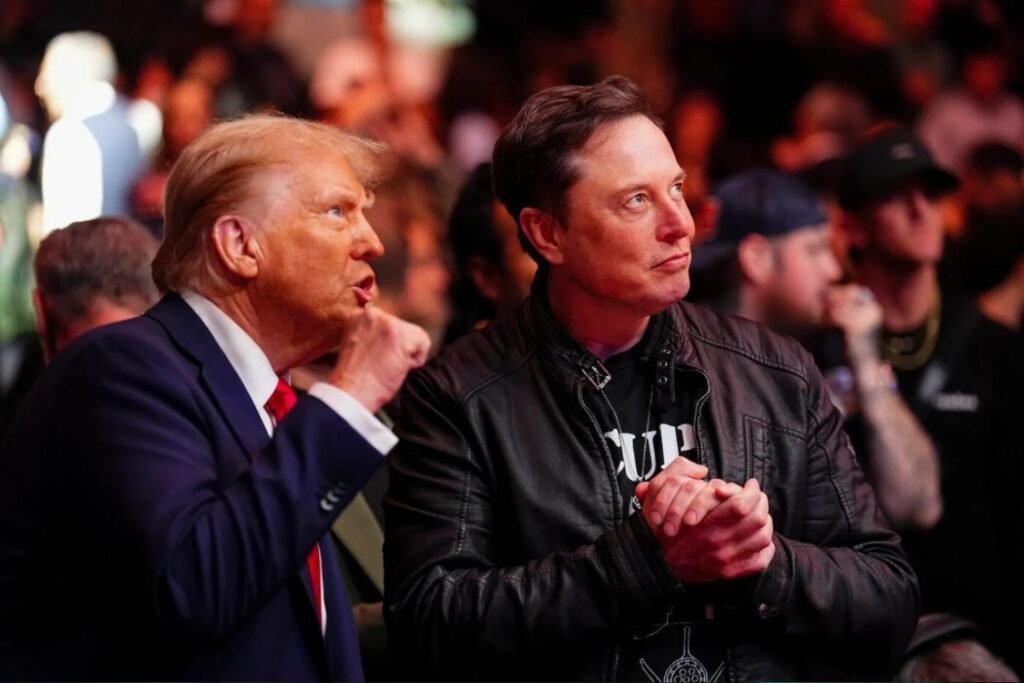What’s up with Trump’s self-driving car plan?

Self-Driving Cars: What’s Next Under the Trump Administration?
A recent report suggests that President-elect Donald Trump’s team is looking to create a regulatory framework that would allow for the wider use of self-driving cars. Currently, federal policies restrict the number of autonomous vehicles that can be deployed, with only 2,500 units allowed per year under exceptions. This has led to a patchwork of state laws that pose challenges for companies in the industry.
Some experts believe that a more consistent federal regulation could accelerate the adoption of this technology, making it easier for manufacturers and speeding up the introduction of services like robotaxis. However, according to Bloomberg, any significant changes would require approval from Congress, where a bipartisan legislative proposal is currently in early discussions.
Elon Musk’s Role and Tesla’s Advantages
Elon Musk, who was recently appointed as the head of the Department of Government Efficiency (DOGE) under the Trump administration, stands to benefit greatly from these potential policy changes. His company, Tesla, has bold plans for robotaxi services, including the unveiling of the “Cybercab” prototype in October. The objective is to launch fully autonomous driving services in Texas and California by 2026.
This strategic move also positions Tesla to compete with industry giants like Alphabet’s Waymo and General Motors’ Cruise, which already offer robotaxi services in multiple states. Tesla has also formed partnerships with Waymo and Cruise to make its mark in the market.
Challenges and Controversies Ahead
While the Trump administration may ease regulations to benefit companies like Tesla, it has also announced plans to eliminate the electric vehicle tax credit, which could have a negative impact on the industry as a whole. This move, however, could indirectly benefit Musk, who is shifting towards autonomous technology.
Questions have been raised about potential conflicts of interest in Musk’s relationship with the administration, particularly in light of the numerous federal investigations his companies have faced. As the head of DOGE, Musk could potentially influence the same agencies that have previously scrutinized his businesses, sparking ethical concerns about his role.
While the proposed changes promise a rapid advancement in technology, they also bring safety, ethics, and the influence of corporate interests on public policy to the forefront of the discussion. The Trump administration appears willing to take bold steps to push towards this new technological frontier.




